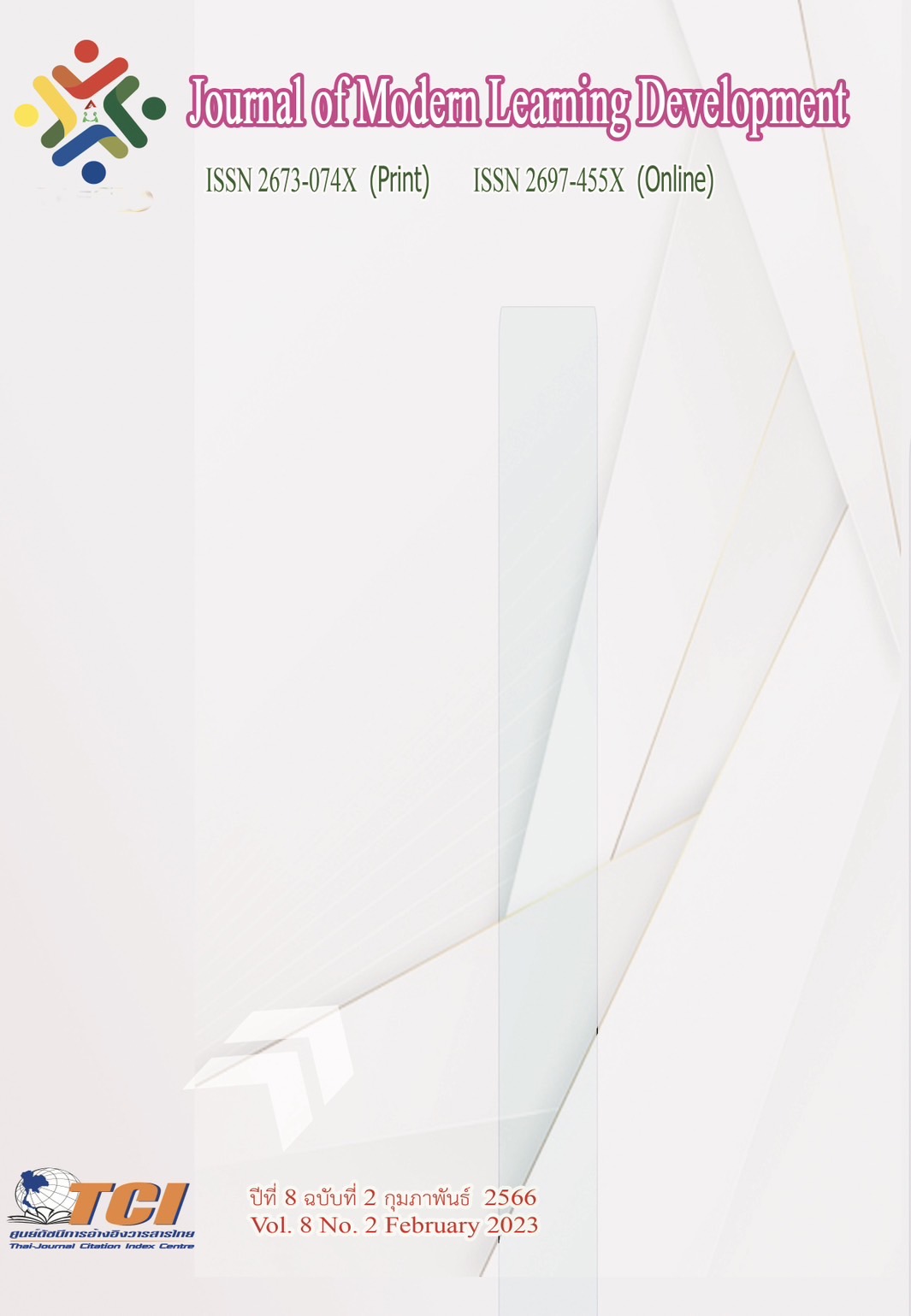The Comparison of Human Rights Between Mahatma Gandhi and Buddhathassa Bikkuk
Main Article Content
Abstract
This academic article There is a monk's object. 1. To study human rights according to the viewpoint of Mahatma Gandhi 2. To study human rights according to the viewpoint of Buddhadasa Bhikkhu 3. To compare the views of human rights according to the views of Mahatma Gandhi with the Buddhadasa Bhikkhu. From a comparative study, it was found that human rights are human dignity, equality, liberty and freedom in life and body, which are the natural rights of man. Mahatma Gandhi has taught Indians of all castes to understand that. They have every right to act with dignity like everyone else. Gandhi gave Hindus of high castes respect to the untouchables. and allowed the outcasts to go into the temple where the outcasts were forbidden to enter for a long time. Gandhi educated the outcasts, taught him artisans. and proved that the outcasts were as intelligent as other Indians. All human beings have perfect humanity. Peace is the complete humanity of all human beings. then express Humanity is the Dharma for humanity. Humanity is high-mindedness. A high mind is knowing until you put yourself above the problem and all suffering. Suffering or this problem can be taken as the same story. If there is suffering, it is a problem. If there is a problem, it must cause suffering naturally. All kinds of war will be suppressed and extinguished. All kinds of violent wars War of the way, oppressed by economy or by any means. To squeeze each other, it can be called a war. All of those wars have ceased to exist. because of humanity which is the foundation of peace.
Article Details
References
ดวงธิดา ราเมศวร์. (2560). อินเดีย อารยธรรมยิ่งใหญ่แต่โบราณแห่งเอเชียใต้. กรุงเทพมหานคร: สำนักพิมพ์แพรธรรม.
พุทธทาสภิกขุ. (2550). พุทธทาส-พจนา. กรุงเทพมหานคร: สำนักพิมพ์บุพนิมิต.
พุทธทาสภิกขุ. (2550). ตัวกู-ของกู. กรุงเทพมหานคร: พิมพ์ดีการพิมพ์.
มงคล เดชนครินทร์. (2557). พุทธทาสภิกขุ พระพุทธศาสนานิกายเถรวาท และการปฏิรูปเชิงนวสมัยนิยมในประเทศไทย กรุงเทพมหานคร : สำนักพิมพ์แห่งจุฬาลงกรณ์มหาวิทยาลัย.
เรืองอุไร กุศลาสัย ผู้แปล. (2544). GANDHIJI: THE STORY OF HIS LIFE มหาตมา คานธี. กรุงเทพมหานคร: สำนักพิมพ์ศยาม.
เสน่ห์ จามริก. (2545). พุทธศาสนากับสิทธิมนุษยชน. กรุงเทพมหานคร: สำนักงานคณะกรรมการสิทธิมนุษยชนแห่งชาติ.
สำนักงานคณะกรรมการสิทธิมนุษยชนแห่งชาติ. (2561). สิทธิมนุษยชน. กรุงเทพมหานคร: สำนักพิมพ์สหมิตรพริ้นติ้งแอนด์พับลิสชิ่ง จำกัด.


